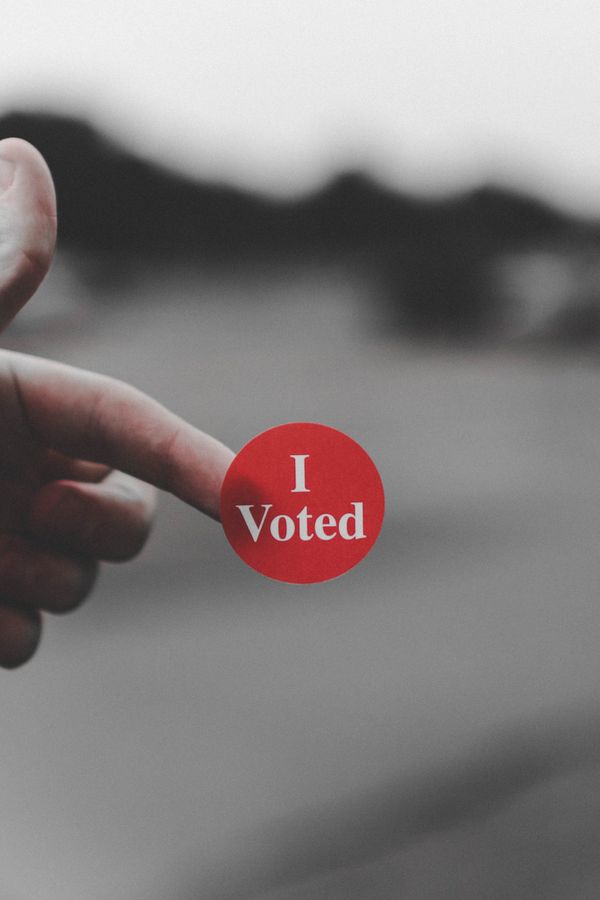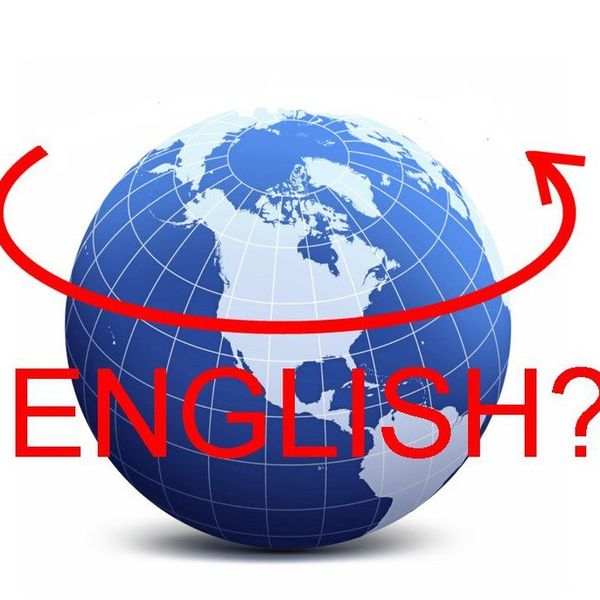The definition of democracy implies that, in theory, all democracies are participatory. Democracy is a system of government by the people, through which elected representatives are expected to act on the will of the general populace. Participatory democracy is the process of the people taking full responsibility for their government by playing an active role in political direction and progress. Power, inherently, belongs to the people. However, in a modern context, radical Saul Alinsky defines power as organized money and organized people. According to Benjamin Todd, “In a democracy there are only two types of power. There’s organized people and organized money, and organized money only wins when people aren’t organized.” Participatory democracy is the equivalent of organized people, and it is the responsibility of each and every one of us to participate; so when I hear someone proudly proclaiming, “I don’t talk about politics!” I hear something a little different. Here are a few examples of what those of us doing our best to participate really hear when you tell us you’re “not into the whole politics thing.”
“I am so privileged that I don’t need to pay attention to politics, and I don’t feel the need to change that because systematic oppression serves me.”
Not everyone has the privilege to choose to ignore the political landscape. If you have the ability to live out your life without feeling directly affected by democracy, you’re benefiting from a significant amount of privilege. Black Americans can’t ignore politics because their men, women, and children are being shot and beaten to death as a result of systematic racism. Transgender Americans can’t ignore politics because more Transgender people have been killed in 2015 than any other year on record. Gay Americans can’t ignore politics because this is the first year in which they are allowed to legally marry in the United States, and there are still only 19 states that prohibit discrimination based on sexuality and gender identity in the workplace. The list goes on and on. You were afforded the luxury of being able to ignore politics not by your own merit, but because of how you were born. Not interested in paying attention? You’re actively telling me that inequality and injustice don't bother you, as long as you’re not the one being oppressed.
“I am unwilling to participate in a conversation where the topic makes me uncomfortable or uncertain.”
If you are unwilling to embrace the difficulty and complexity that pervades humanity and life, I am unwilling to associate myself with you. There are very few ideas and experiences that fit neatly into a metaphorical box, and if you can’t be bothered to consider anything that doesn’t fit into that box, you’re operating under a very limited perspective. Having an open mind means remaining open the possibility that you’re wrong. Being wrong is uncomfortable, no one likes it. That being said, growth only comes from failure, and the desire to understand why you might have been wrong in the first place. Participating in democracy exposes you to people of all walks of life, as well as the situations of others that were otherwise entirely foreign to your privileged lifestyle. Nothing important is certain, and nothing certain is usually that important.
“I am content to live the unexamined life.”
The concept of the “unexamined life” was created by Socrates and expanded upon by the brilliant Cornel West. When asked about the state of this country and its individuals, West said:
“The country is in deep trouble. We've forgotten that a rich life consists fundamentally of serving others, trying to leave the world a little better than you found it. We need the courage to question the powers that be, the courage to be impatient with evil and patient with people, the courage to fight for social justice. In many instances we will be stepping out on nothing, and just hoping to land on something. But that's the struggle. To live is to wrestle with despair, yet never allow despair to have the last word...It takes tremendous discipline, takes tremendous courage, to think for yourself, to examine yourself.”
The unexamined life is a life in which the individual is afraid to think critically. When you do not interrogate yourself, when you fail to call into question your socially conditioned assumptions about the world and people different from yourself, you move in the opposite direction of grasping reality and truth. The examined life does not succeed in grasping truth, but it sets an individual upon the path in pursuit of truth. Examining yourself takes courage. You are not exhibiting any strength by claiming you are above politics - you are displaying decisive weakness.
“I am an idiot.”
Grow up. Ignoring the world around you is simply unintelligent. You have a civic duty, an obligation to your country. If that doesn’t motivate you, maybe the fear of being an ignorant, uneducated and uninformed imbecile will. Read a book. Research a presidential candidate. Learn how the three branches of government operate, and take advantage of your part in the fourth, lesser-known branch of government - the people.




















